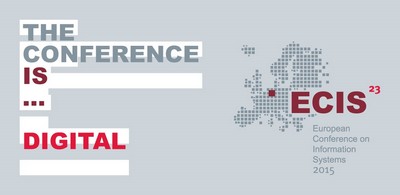Abstract
This research-in-progress paper reports on a project that seeks to develop a new process perspective on incentive mechanisms in cybercrime prevention networks. Adopting such a view is of great importance given the continuous innovations in cybercrime that makes fighting it a constant endeavour, involving actors from multiple networks. To this end, we zoom in on specific prevention encounters occurring throughout the process of producing prevention measures, to identify incentive mechanisms needed to bring heterogeneous actors together in cybercrime prevention networks. Our longitudinal case study of credit card fraud and how it has developed over time resulted in identifying eleven prevention encounters that are critical in the fraud prevention lifecycle. Upon completion of this re-search, we anticipate to contribute to current literature on security networks in three ways. First, offer a new understanding on incentive mechanisms that accounts for the role of contextual conditions in shaping these incentives. Second, add diversity to research methods used to study incentives by adopting a qualitative case study approach. Third, we shed more light on the role of technology in building incentive mechanisms in cybercrime prevention networks.
Recommended Citation
Dahabiyeh, Laila, "Networks of Cybercrime Prevention: A Process Study of the Credit Card" (2015). ECIS 2015 Research-in-Progress Papers. Paper 6.
ISBN 978-3-00-050284-2
https://aisel.aisnet.org/ecis2015_rip/6


